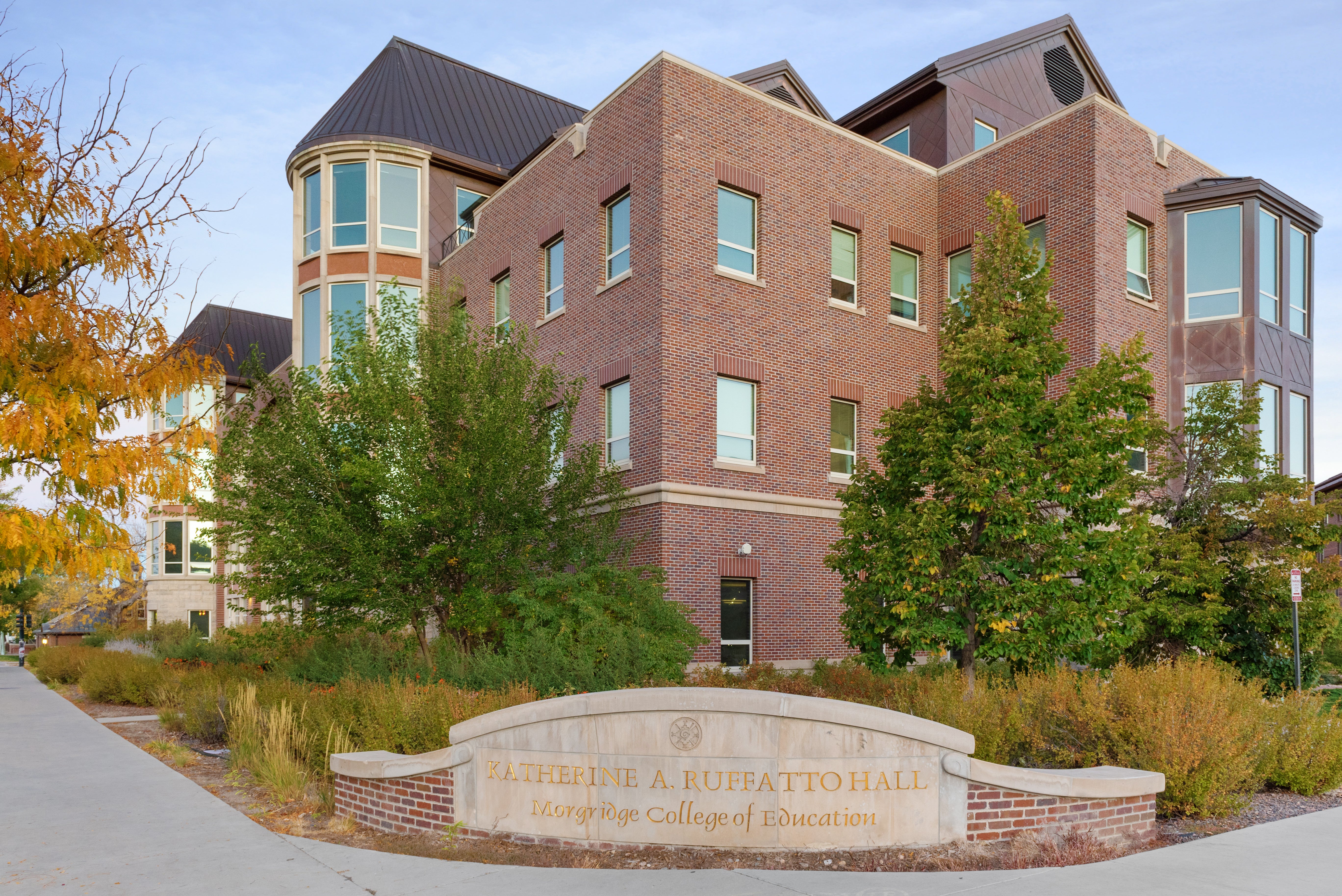Library & Information Science
A degree built for the information era
A degree in library and information science can take you many places in your career. Working as a librarian is just one of your options. Our Master of Library & Information Science program in the Department of Research Methods & Information Science gives you the knowledge and hands-on experience to find your place in a rapidly changing digital landscape.
Our Programs
On-Campus
Masters of Library & Information Science
Benefit from small class sizes, customizable coursework plans, mentorship and internship programs, and cutting-edge digital technology and collection resources, as well as from a faculty focused on helping you innovate and lead. An optional Concentration in Research Data Management will allow you to use your MLIS to respond to the emerging need for well-trained information professionals to support the research data lifecycle. Areas of study focus on open access, digital preservation, scholarly communication and research data management.
Certificate in Research Data Management
This comprehensive 28-credit-hour program helps information professionals diversify their skills with a focus on research data management. In the course of one year, you will learn the various aspects of preserving, managing and analyzing data.
Online
Master of Library & Information Science Online
Become a qualified information professional without having to commute to campus. Led by DU’s expert faculty, the online program offers coursework for those interested in academic and public libraries and archives through interactive video coursework, live online classes and internship opportunities in your community.
Career Paths
Pursue a career as an archivist, digital collections specialist, web designer, data manager and so much more. Whatever path you choose, our American Library Association–accredited program will help you understand the connections between information, people and ideas. You will be poised to not only succeed in your field, but also lead.
Program Mission
The mission of the DU LIS Program is to prepare the next generation of critical, creative, and reflective LIS leaders who will engage communities to meet the challenges of today’s information-rich society and drive meaningful change. The program accomplishes this mission by fostering critical thinking, collaboration, community engagement, and effective and ethical use of technology through education, research, and people-centered service.
Program Goals
It is the goal of the LIS Program to prepare graduates to serve in public, academic, or specialized libraries and information settings, as well as in business and corporate settings where the effective management of information is crucial. To this end, the LIS Program:
- Advocate for the values of diversity, equity, inclusion, social justice, and accessibility in libraries, archives, and other information organizations.
- Become critical, innovative, and reflective knowledge providers and creators.
- Grow as innovative researchers by engaging with and leading basic and applied research.
- Support and empower diverse communities in meeting their information, educational, and recreational needs responsively and proactively.
- Promote professional ethical standards and safeguard intellectual freedom, intellectual property rights, fair use, and privacy.
- Build collaborative partnerships with communities of practice in libraries, archives, museums, and related fields to become change agents.
- Contribute to building an informed citizenry to support democratic values.
- Thrive professionally along with local practices and international experience.
Program-Level Student Learning Outcomes (P-SLOs)
P-SLOs are measured by student papers and projects assigned throughout their course of study, as well as by student interactions with faculty and colleagues, professional performance in the Culminating Experience, and the Portfolio. As part of the Culminating Experience, students reflect on the program learning outcomes and submit an Exit Essay in the Culminating Internship or Capstone course. Upon completing the program, MLIS graduates are prepared to:
- Develop an understanding of historical, present, and emergent aspects of LIS and their effect on current practices.
- Use LIS professional values and ethics for the development of inclusive, accessible, and equitable services, programs, and resources in libraries, archives, and other information organizations.
- Safeguard intellectual freedom and resist censorship irrespective of personal views and political agendas.
- Advocate for and facilitate equitable and open access to information.
- Engage communities within and outside of LIS organizations based on the principles of professional empathy, equity, inclusion, and accessibility.
- Develop the skills to communicate effectively and with cultural humility in diverse professional and community settings.
- Communicate the value of foundational, digital, and information literacy for informed citizenry and inclusive societal participation.
- Demonstrate a commitment to lifelong learning and service to communities and the LIS profession.
- Acquire foundational knowledge of administration and management of diverse information organizations.
- Apply the fundamental principles of information organization and access in various formats and environments, emphasizing digital information and resources.
- Become proficient and ethical educators, managers, and creators of technology and data.
- Engage in the critical evaluation and production of basic and applied research, supporting the values of research-to-practice and knowledge advancement.



